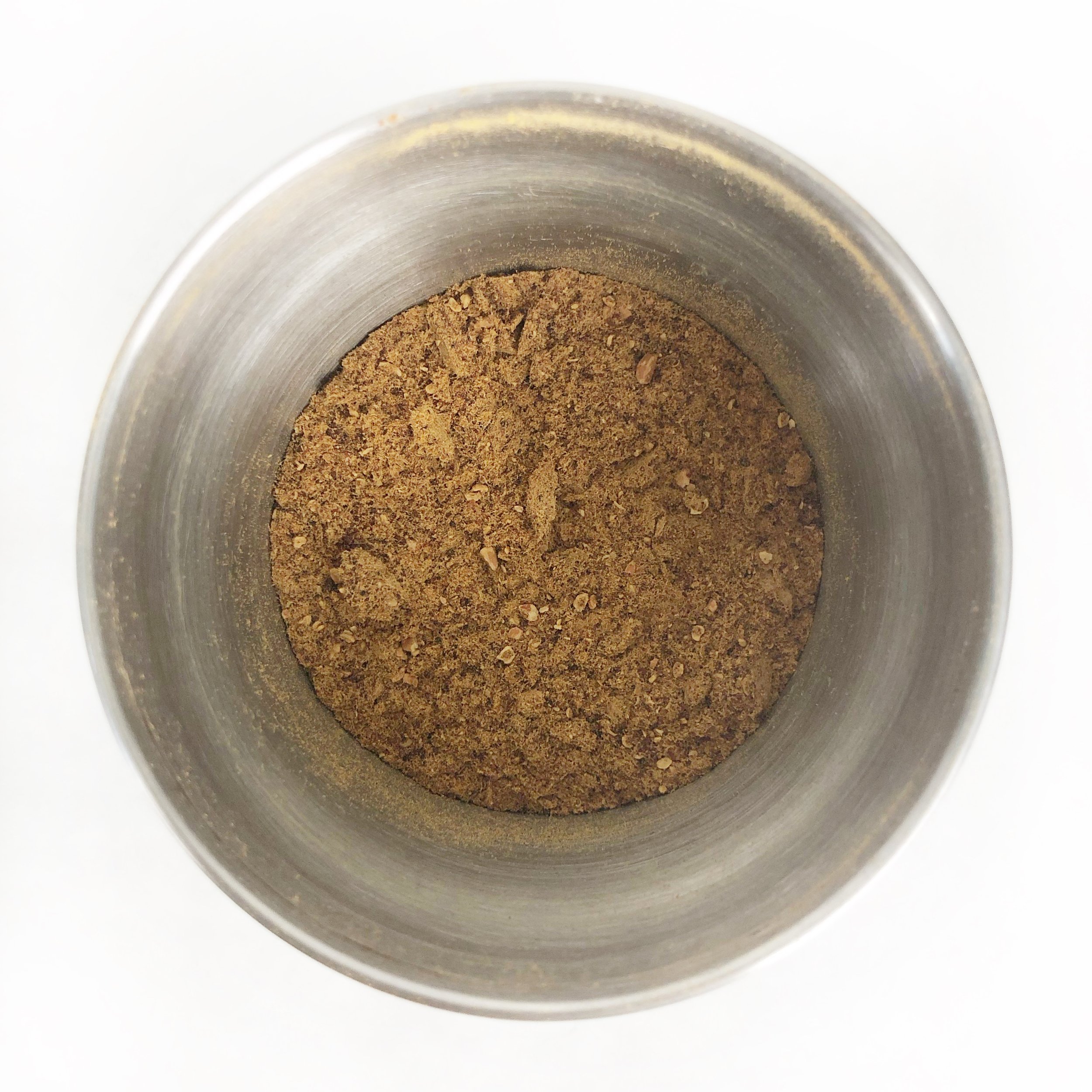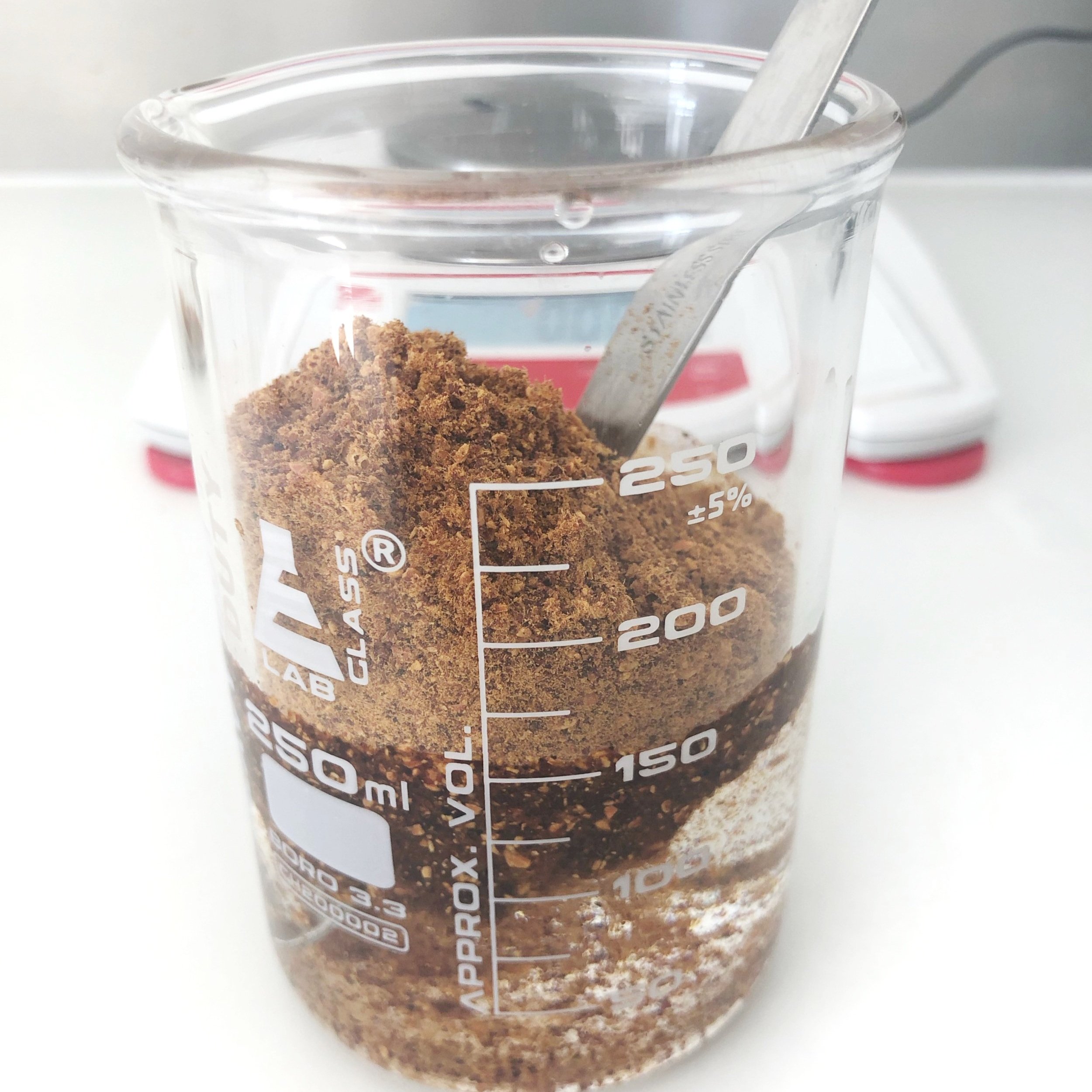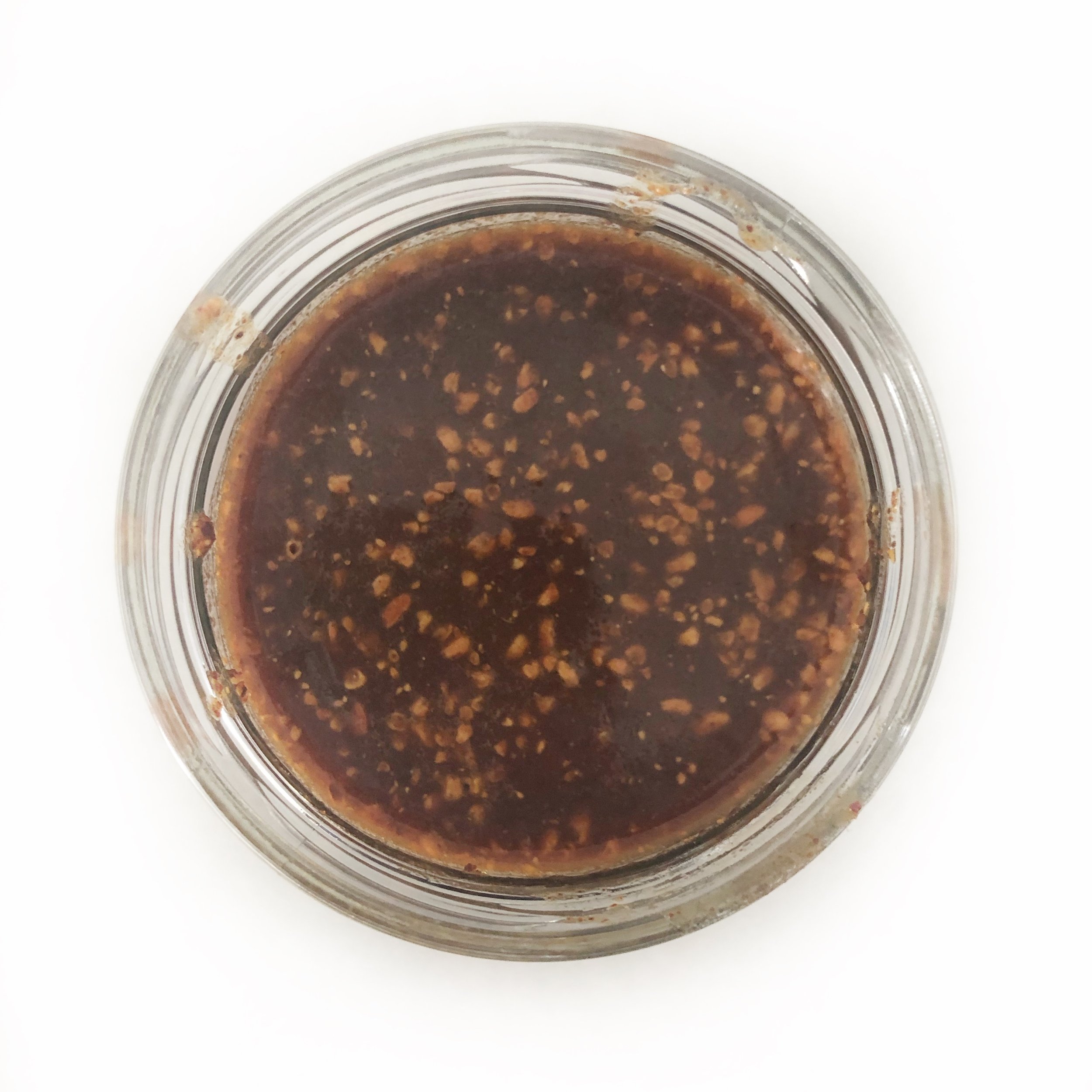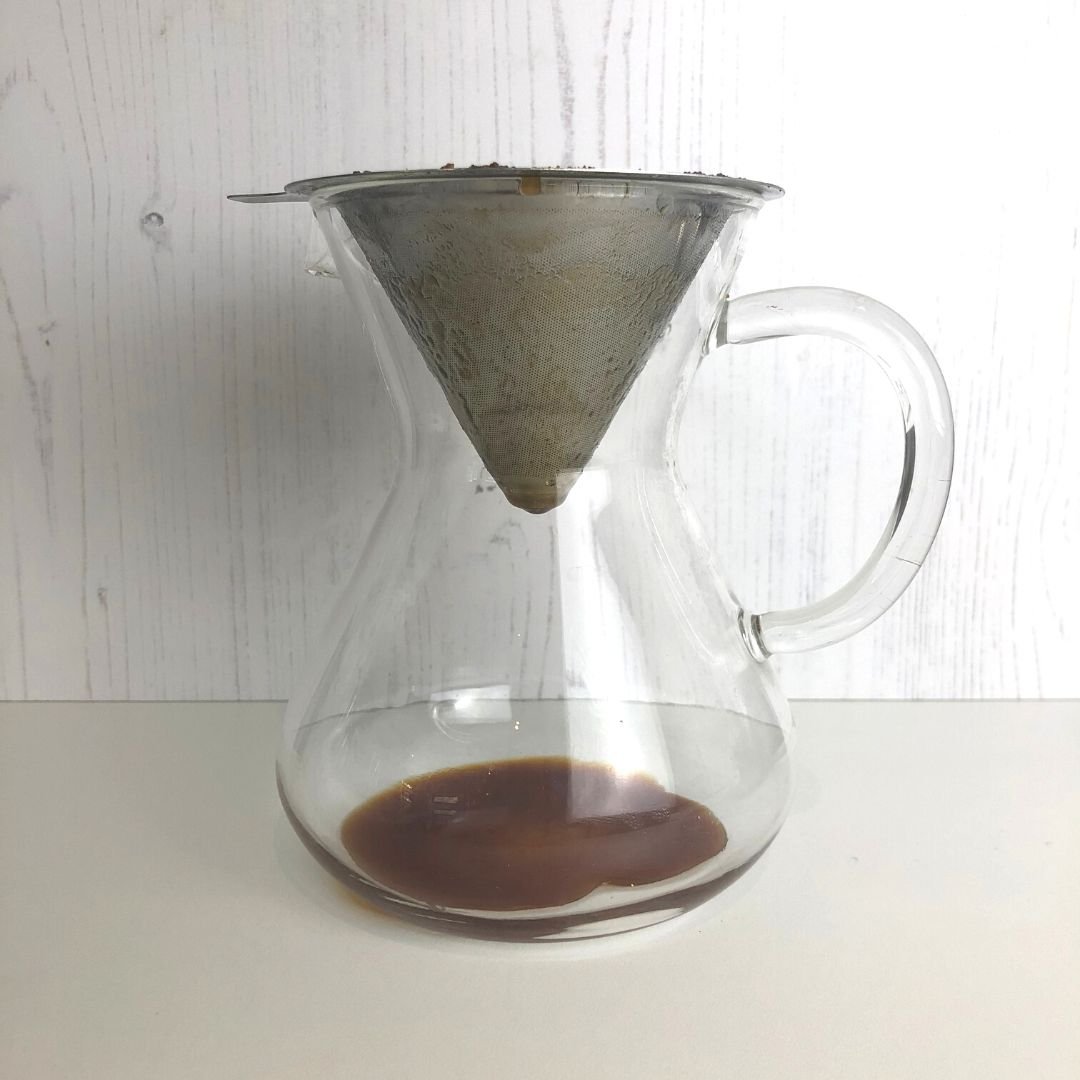How to: Rosehip Hydroglycerin Extract
I don’t usually make water based extracts. I much prefer buying standardised ones however, there appears to be little by way of extracts, or the extracts I need in the U.K. I am also need to make some water based products for my rosehip and pomegranate range so I guessed I would just go ahead and make one.
As I haven’t made many of these things before I decided to use the book The Herbalists Handbook by James Green that has detailed instructions on how to make hydroglycerin extracts . I didn’t want to use a standard preservative so used a 75/25 glycerine/water solution for the extraction. If you want the find out how to do it then scroll down to the basic formulation and instructions. But first I want to briefly look at Rosehip and it’s benefits for the skin.
Rosehip
Rosehips, the pseudo-fruits of the Rosa species, have long been valued for their numerous health benefits, including immune system strengthening and treatment of digestive disorders. Among the health benefits are antioxidant, anti-inflammatory, and cell regenerative properties. Rosehips are high in antioxidant and anti-inflammatory compounds such as vitamin C, carotenoids, and phenolics.
Rosa canina L. is a great source of ascorbic acids, tocopherols, bioflavonoids, tannins, pectin, minerals, aminoacids, flavonoids, unsaturated and polysaturated fatty acids, phospolipids, minerals, gallactolipids, and carotenoids. (ilbay et al 2013)
The anti-inflammatory and antioxidant affect of rosehip extract may have a positive effect on skin health and ageing. Both of which can not only help in the treatment of many inflammatory-diseases (Lattanzio et al. 2011) such as acne or dermatitis, but can help with intrinsic and extrinsic signs of ageing. For instance, the high levels of vitamin C can protect the skin from UV damage as well as encourage collagen synthesis (Mármol I, et al 2017).
What is a hydroglycerine extract?
Hydroglycerin extracts, also known as glyco-extracts, fluid glycerates and glycerites are mixtures of medicinal substances with glylcerin. Glycerin’s unique properties as a menstruum are beneficial because they can be easily diluted with water or alcohol without causing precipitation and are ideal for use in place of alcohol-based tinctures for people who are sensitive to alcohol (Green, 2002). Glycerin, the liquid obtained by the hydrolysis of vegetable or animal fats or oils, has solvent and preservative properties. It’s miscibility in water make it a valuable extraction medium for many herbs where the active constituents, or chemical compounds, have an affinity with water.
How to Make a Rosehip Glycerite
I made a 12.5% rosehip extract in a 75/25 glycerin/water solution. I needed to calculate the exact amount of water and glycerin I needed to make the solution taking into consideration the glycerin I used contained 99% active glycerin, the remainder of which was water. Some literature suggests that you can use between 50% and 75% glycerin solution for these types of extracts with the optimum being 60-75% for a self preserving product. I erred on the side of caution and used a 75% solution taking into account the water already in the glycerin. Please note that some brands of glycerin contain only 95% active glycerin and this needs to be considered when making the product. In order to have better control of the water content in my extract I used dried rosehips. If you were to use fresh rosehips I would suggest you calculate the rosehips as 100% water as you will not know exactly how much water is in it.
Because of the water content of my glycerin, I would need 75.75 grams of glycerin and 24.25g of water, and then mix 87.5g of this mix with my ground rosehips.
I like to leave mine at room temperature away from sunlight however, there has been some research to suggest that the most effective way to extract plant compounds is by using heat. Note, there is a specific range that needs to be used so as not to destroy the active molecules within the extract.
Vuong et al., [6] noted that extraction proceeded most efficiently in the temperature range of 50–70 ◦C, and when temperatures of 90–100 ◦C were attained, there was a sudden drop of extraction efficiency. This was believed to be related with the thermal degradation of polyphenolic molecules (Kowalska, et al, 2021)
This is what the exact formulation would look like in percentages and concomitant 200g batch size.
| Ingredient | % | 200g |
|---|---|---|
| Glycerin | 66.28 | 132.56 |
| Water | 21.22 | 42.44 |
| Rosehip | 12.5 | 25.00 |
Method
Finely grind dried rosehips using a coffee grinder and weigh 25g into a clean jar.
Pre-mix water and glycerin and top up jar to 200g.
Stir mixture and leave for 2-4 weeks.
Strain using a double muslin cloth or coffee filter, label and cap.
Keep in a cupboard away from sunlight.
How to use
The pH of your rosehip glycerite will be in the region of 4-5 which may have a bearing on how much you use and what you use it it. It may help reduce the overall pH of your product. For this reason I would suggest using it at between 5 and 10%. Due to the heat sensitive nature of the extract, as mentioned above, it needs to be added in the cool down phase or when the product is under 70 c.
References
Mármol I, Sánchez-de-Diego C, Jiménez-Moreno N, Ancín-Azpilicueta C, Rodríguez-Yoldi MJ. Therapeutic Applications of Rose Hips from Different Rosa Species. Int J Mol Sci. 2017 May 25;18(6):1137. doi: 10.3390/ijms18061137. PMID: 28587101; PMCID: PMC5485961.
Özkan G., Sagdiç O., Baydar N., Baydar N. Note: Antioxidant and antibacterial activities of Rosa damascena flower extracts. Food Sci. Tech. Int. 2004;10:277–281. doi: 10.1177/1082013204045882.
Kowalska, Grażyna & Baj, Tomasz & Kowalski, Radosław & Szymańska, Jolanta. (2021). Optimization of Glycerol–Water Extraction of Selected Bioactive Compounds from Peppermint and Common Nettle. Antioxidants. 10. 817. 10.3390/antiox10050817.
İlbay Z, Şahin S, Kirbaşlar Şİ. Investigation of Polyhenolic Content of Rose Hip (Rosa canina L.) Tea Extracts: A Comparative Study. Foods. 2013 Feb 5;2(1):43-52. doi: 10.3390/foods2010043. PMID: 28239095; PMCID: PMC5302237.
Maize Sol Rivera and Ramon Canela (2012) Influence of Sample Processing on the Analysis of Carotenoids in Maize Sol Rivera and Ramon Canela *, Molecules 2012, 17, 11255-11268; doi:10.3390/molecules170911255
Lattanzio F., Greco E., Carretta D., Cervellati R., Govoni P., Speroni E. In vivo anti-inflammatory effect of Rosa canina L. extract. J. Ethnopharmacol. 2011;137:880–885. doi: 10.1016/j.jep.2011.07.006.





